On Failure and Beautiful Quiet: Reading Jack Gilbert in Tbilisi

It was unfamiliar. The thin dogs roaming the city. The tart-sweet taste of pomegranate fresh from the tree, and the way Georgian women walked in high-heels on cobblestone streets—with tremendous precision and poise. I loved Old Town best, with its pastel houses and wooden balconies, the winding and narrow streets that smelled of bread and must.
In Tbilisi, there was always construction, only without the safety measures we were used to. We learned to look up, to watch for falling debris. When I lived there I always had the feeling buildings were crumbling all around me, like the whole city was disintegrating. But when an old building disappeared, a new one—modern, glass, steel—popped up in its place. Tbilisi felt like this in 2011: like a city straining forward. Perhaps I was drawn there for this reason. At twenty-four I too strained to see around the corner of my life, clinging to the hope that my old self might disintegrate, making way for a newer and more modern model.
I rounded the corner on Rustaveli Avenue, already short-winded (the secondhand smoke? The excess of khachapuri?). I was heading to Prospero’s, the English-language bookstore, carrying my secret with me: I wanted to be a writer. I had come here to write. I thought—Jack Gilbert would be proud.
*
Jack Gilbert was born in Pittsburgh. He traveled the world, spending much of his life overseas. He was winner of the Yale Younger Poets Prize, later living on a Guggenheim. But he was an exile, not interested in a literary community. “I didn’t want to stay in New York and go to dinners,” he said.
In 2005, a year after graduating high school, I read an interview with him in The Paris Review where he said it was important for American writers to live abroad. “One of the great dangers is familiarity,” he said. I wanted to be a writer, too. I wanted to live abroad. Everywhere I went, I brought with me his book of poetry, The Dance Most of All. I read from it as though in prayer, reciting lines like incantations.
“Love is not the part/ we are born with that flowers/ a little and then wanes as we/ grow up. We cobble love together/ from this and those of our machinery…”
And:
“The world is beyond us even as we own it./ It is a hugeness which we climb toward.”
I wanted to climb toward the hugeness of the world and to cobble love together. I wanted to know exile, like Gilbert. I’d grown up in a small town, where I dreamed of traveling the world but was too shy to walk into a bank alone and speak to the teller. Now I wanted to move far away—to a place similar to my hometown. I dreamed of the European villages Gilbert described in his poetry, where “nothing happens day after long day./ Lives with only emergencies, births/ and fishing for excitement.”
*
Gilbert’s poetry has no excess. His lines are like water droplets hitting the bottom of a bucket. One has the impression his life was similar: measured and simple in the best of ways. But my writing was excessive—wild and raw—and my life in Tbilisi burst with an intensity of experience. Late nights at clubs spent dancing, followed by loud conversations in softly lit parks. Once, at a bar, a boy I liked smashed a beer bottle and—encouraged by an old, macho Georgian man who often boasted he hunted black bears—chewed the shards of glass. “That was for you,” he said, spitting out the shards. “To impress you.” In Georgia not only did this not seem foolish. It made sense, and was terribly romantic.
When I’d arrived in Georgia I’d hoped to live in a village. But, as part of an English-teaching program, I’d instead been placed in the city. Now, late at night, cold and drunk, I wrapped a scarf around my head to keep warm and wrote long sentences in the dark. Never about the city. Always about how that boy didn’t love me. Never enough love or homemade Georgian wine. It tasted like vinegar, but we drank it anyway. Bolomde, they said as they filled our cups. To the bottom.
Bethany Marcel. Image provided by the author.
“When you were abroad,” the interviewer asked Gilbert, “did you consider yourself an expatriate?”
“No,” he replied. “You have to understand I didn’t visit places; I lived places. It makes all the difference in the world.”
In Tbilisi, I was always a visitor. Unlike Gilbert, I was no good at living abroad. I went to McDonald’s. I spent too much time with my expat friends. I longed for the familiar: the tastes, the sights, and the people of home.
I thought of growing up in my small town. How desperate I’d been to leave it, afraid my ordinary shyness might trap me into a life I didn’t want, one where I married young and saw nothing of the world. In my town, being a writer glistened like an impossible dream. Moving to Georgia was supposed to prove I was better than this, including the worst parts of myself. Only now I’d failed. I missed my lame, insular world.
*
In more recent years, I’ve seen an uptick in travel stories about Georgia. Often in glossy magazines. Often poetic prose about Tbilisi. How it’s one of the “hot new travel destinations.”
This was not the Tbilisi I knew. The Tbilisi I knew was always a contradiction, always confusing. A stand near my home advertising hamburgers. But they never sold hamburgers. Only khachapuri. A shop selling cell phones and panty hose. How, one evening, I was sitting in a café drinking a glass of Saperavi when the lights went out—total blackness. The waitress sighed, and then brought me a blanket. “The power is off again,” she said. “Be warm.”
I loved this about the city, even as it irritated me. That I never knew what to expect. Its roughness was its joy. Georgia was a country conquered so many times in its history, announcing its independence only to be conquered again, that now its identity was straining to coalesce. I wondered if I had set myself up for an impossible task—seeking perfection where it couldn’t exist. I remembered another line from “Failing and Flying,” how: “anything worth doing is worth doing badly.”
This could have been Tbilisi’s motto. Mine too. A few days after moving to Tbilisi, I walked into a bank alone. My palms were sweaty as I approached. “Lari?” I said. I knew nothing more than the word for Georgian currency. But somehow the teller understood. That day I walked out of the bank, money in my back pocket like a small piece of freedom.
“When my daughter wakes from her naps and smiles up at me, I often think how these tiny, brief offerings were really what I wanted all along.”
I was so wonderfully bad at this. But I was here. Somewhere in Tbilisi, another building crumbled, making way for some new unknown.
*
Upon returning home from Tbilisi, I moved to a small town. I joined a dating site and sent a message to a man who lived several hours away. “I don’t know what it is,” I wrote, “but I like you already.” I was daring, fearless in a new way. Later when he asked about my interests I said, “I’m a writer,” and only mildly blushed. “Want to meet in person?” he wrote, and we each drove to a town between us. It was a place neither of us had ever been, the sort of place where nothing happens day after day. Only that day something did: I stepped out of the car and into that small, nowhere town, and came face-to-face with my future husband. So at last I fell in love. With him, yes. But also with Tbilisi, the city of contradictions, the place where I learned to embrace my failure.
Tbilisi.
I could only love it once I had left it. Gilbert was correct. Being placed in the heart of unfamiliarity startled me awake in many ways, some terrible, and others beautiful. But the truth is I’m happier here—from a distance, looking back, rounding the corner away from my real life there. I live simply now, with my husband, our baby, and our dog. And I’m happy for it all: for my life now, and for all the worthwhile shit I’ve been so gorgeously bad at in the past. It was—of course I see now—my beginning.
Not long after I returned home, Jack Gilbert died. In The Paris Review interview, in describing his later years in Northampton, he said this:
“Happiness. I’m in the midst of absolute quiet, beauty. A lot of being alone. I walk in the morning, then I listen to the news, then I eat something and start working.”
When my daughter wakes from her naps and smiles up at me, I often think how these tiny, brief offerings were really what I wanted all along. I cherish how Tbilisi offers this to me now: I open a pomegranate and remember the taste; I see a shattered beer bottle and crack a smile. On nice days I can’t help but think how the sunlight in Tbilisi always hit the part of Old Town I loved, those quiet hungover days I walked the city alone, frustrated and lonely, looking up as the city crumbled, a book of poetry in my hand, and so dangerously close to falling in love with it all.
ABOUT THE AUTHOR
Bethany Marcel is a freelance writer living in Portland, Oregon. Her work has been published or is forthcoming in Creative Nonfiction, Post Road, Fiction Advocate, Motherwell, The Nervous Breakdown, and elsewhere. She has received a residency from the Spring Creek Project. She is currently working on her first book. Find her at www.bethanymarcel.com.
Header photo by Orlova Maria.




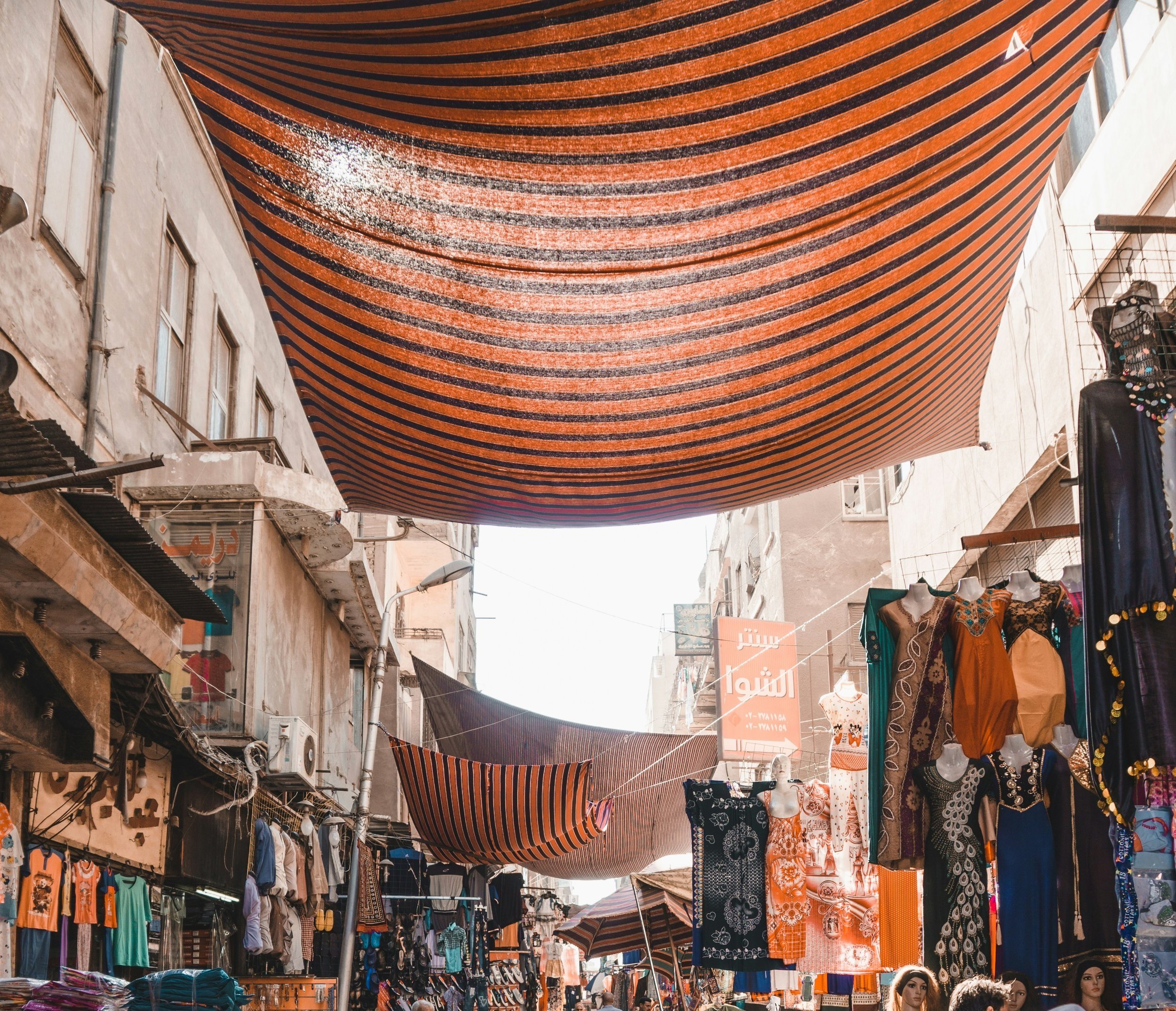
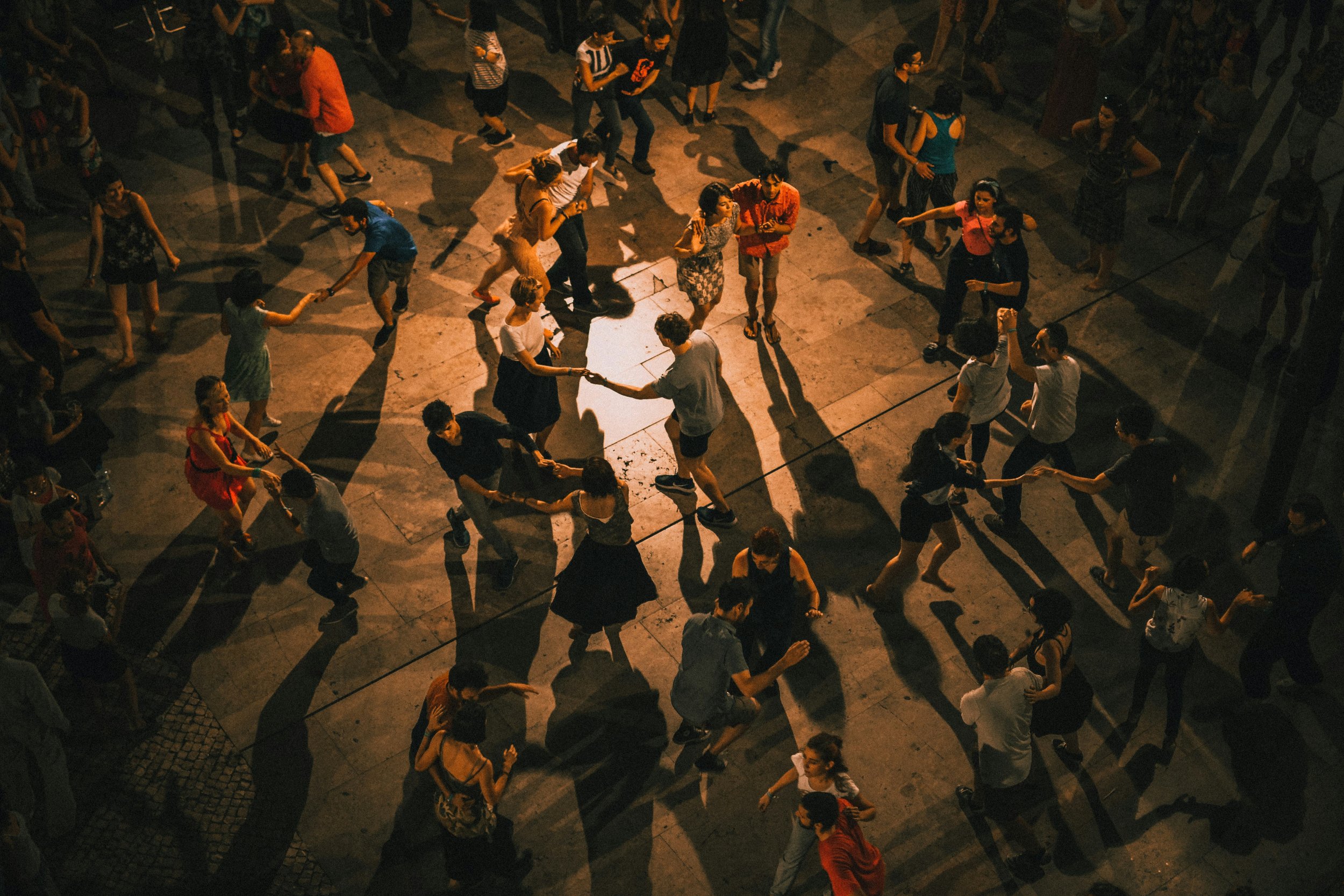
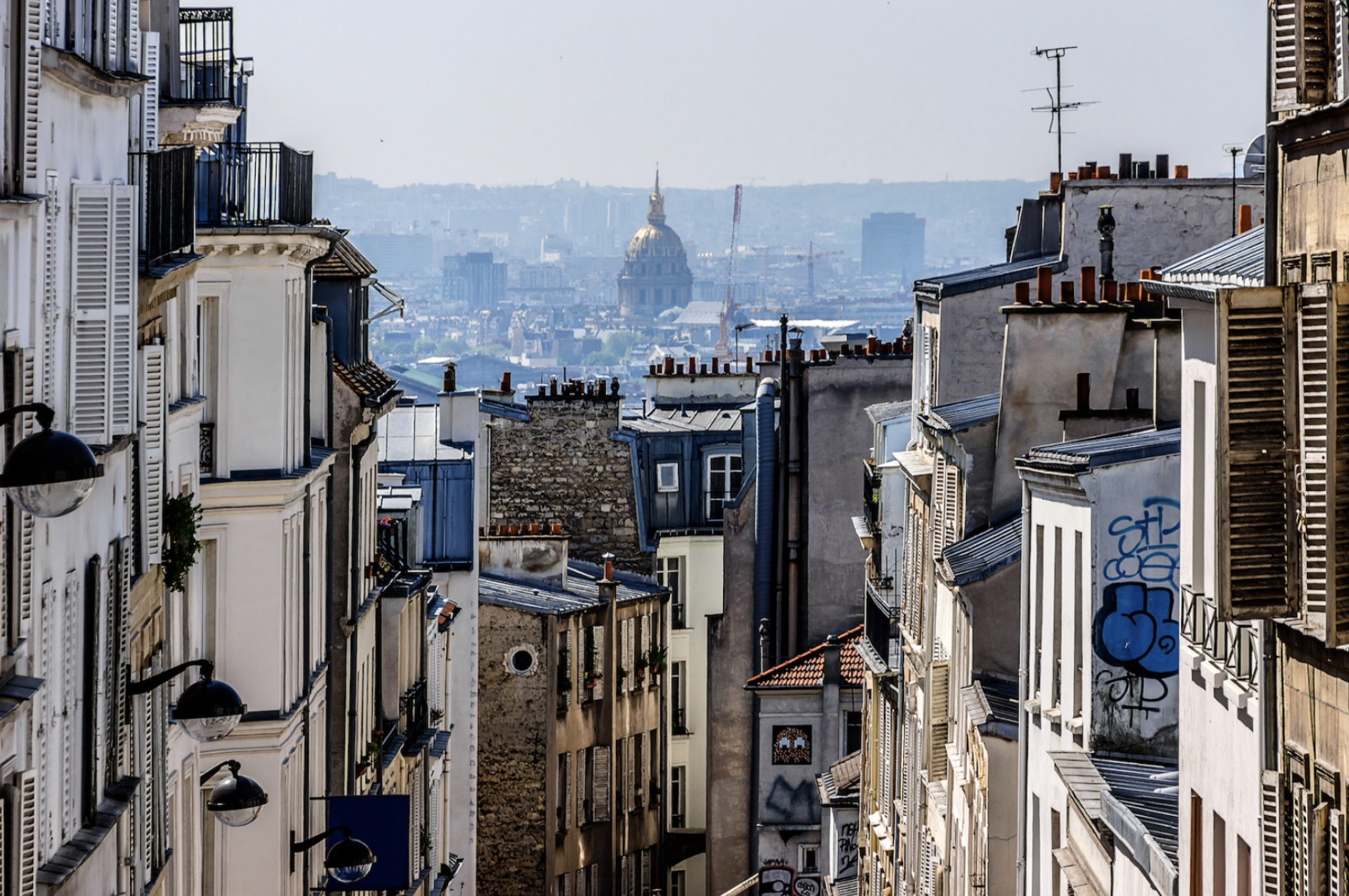


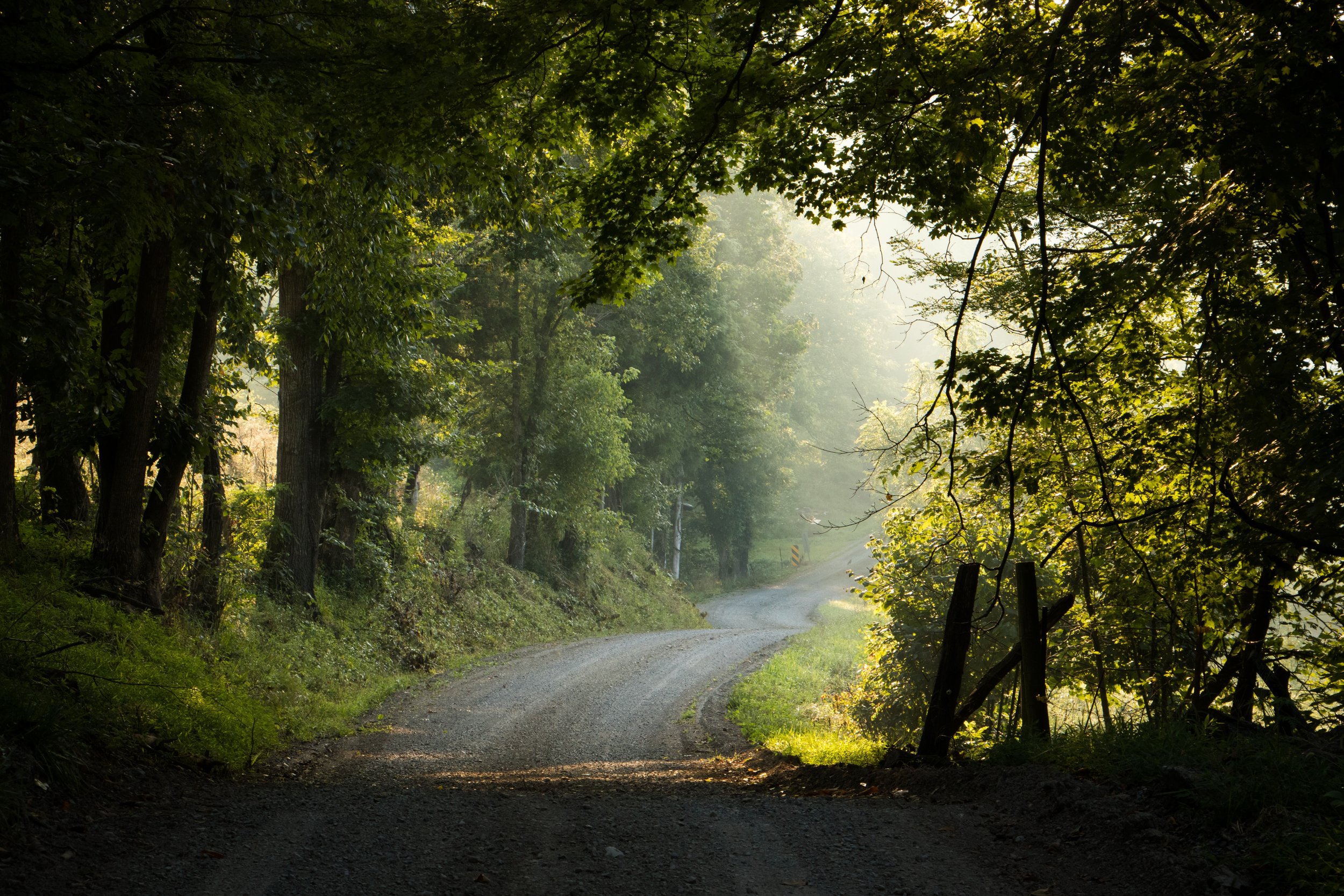

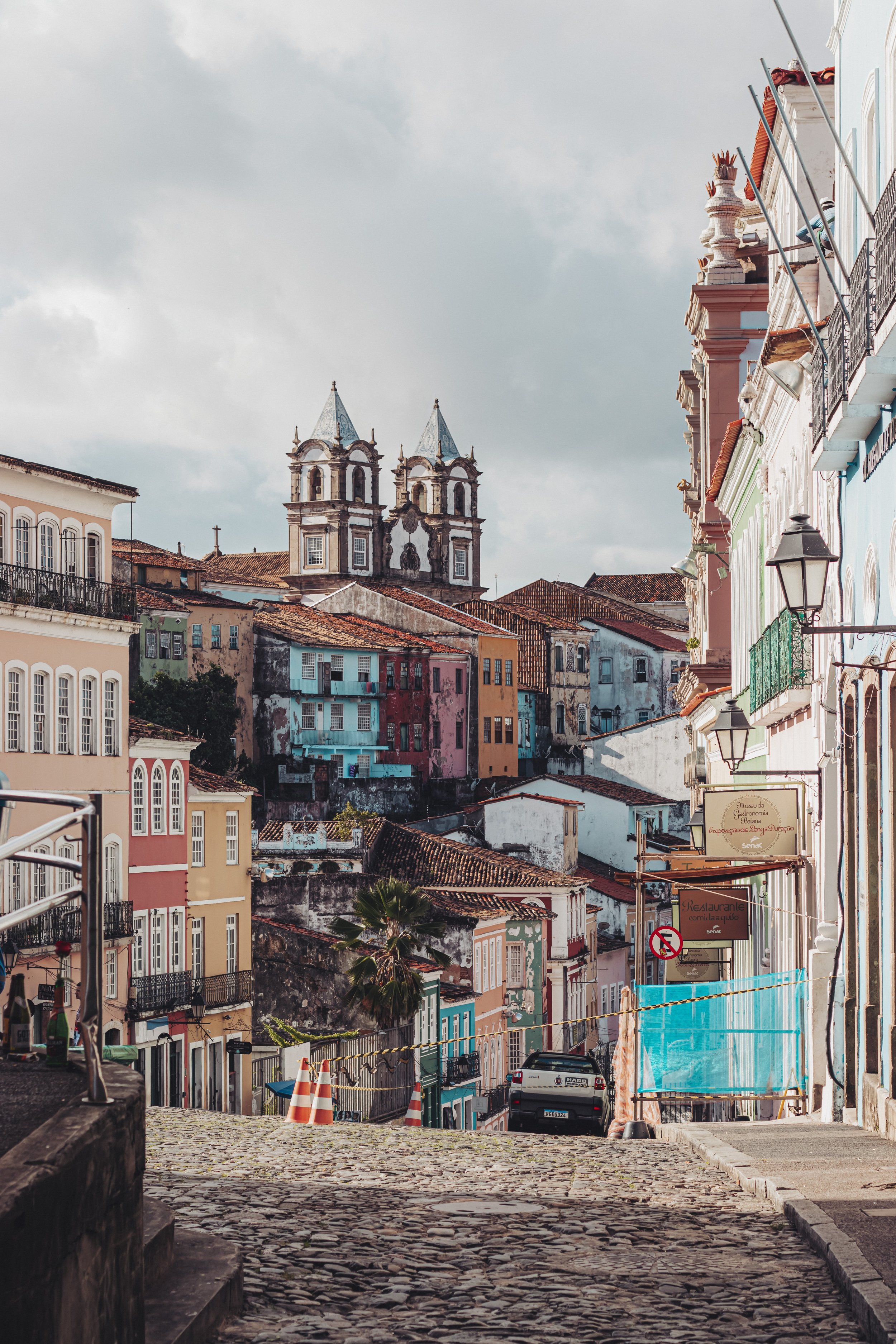
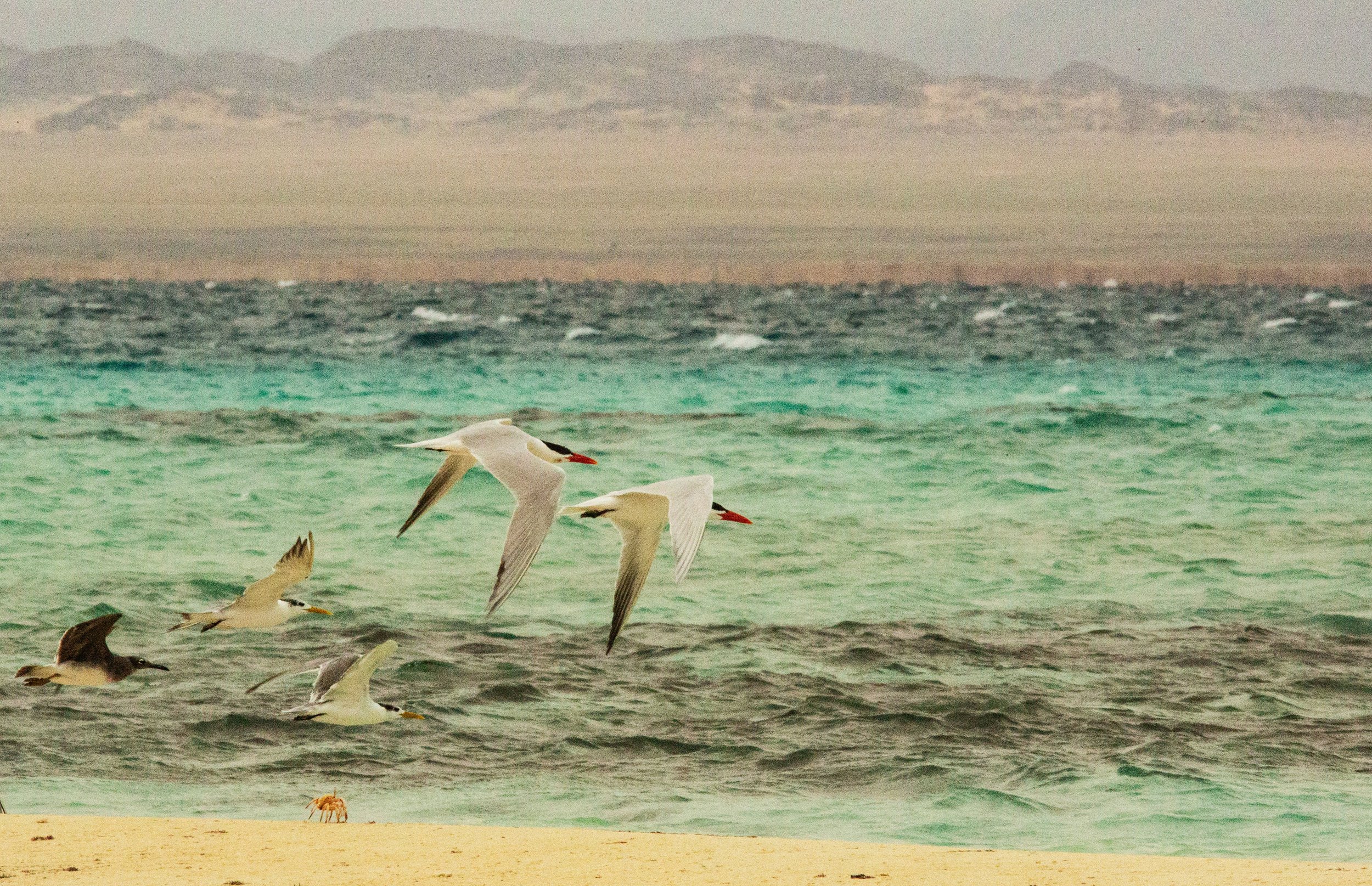
At the end of August 2023, I flew to Indianapolis where my friend, the artist Kate Parnell, picked me up in her mom’s silver Hyundai Sonata of late-90s vintage. It maxed out at 62 mph. Above the license plate, Kate had stuck a bumper sticker that read “Garfield from Memory,” the name of a four-year art project that had become her full-time job. The tagline: “The great thing about painting Garfield from memory is no one can tell you you’re wrong.”